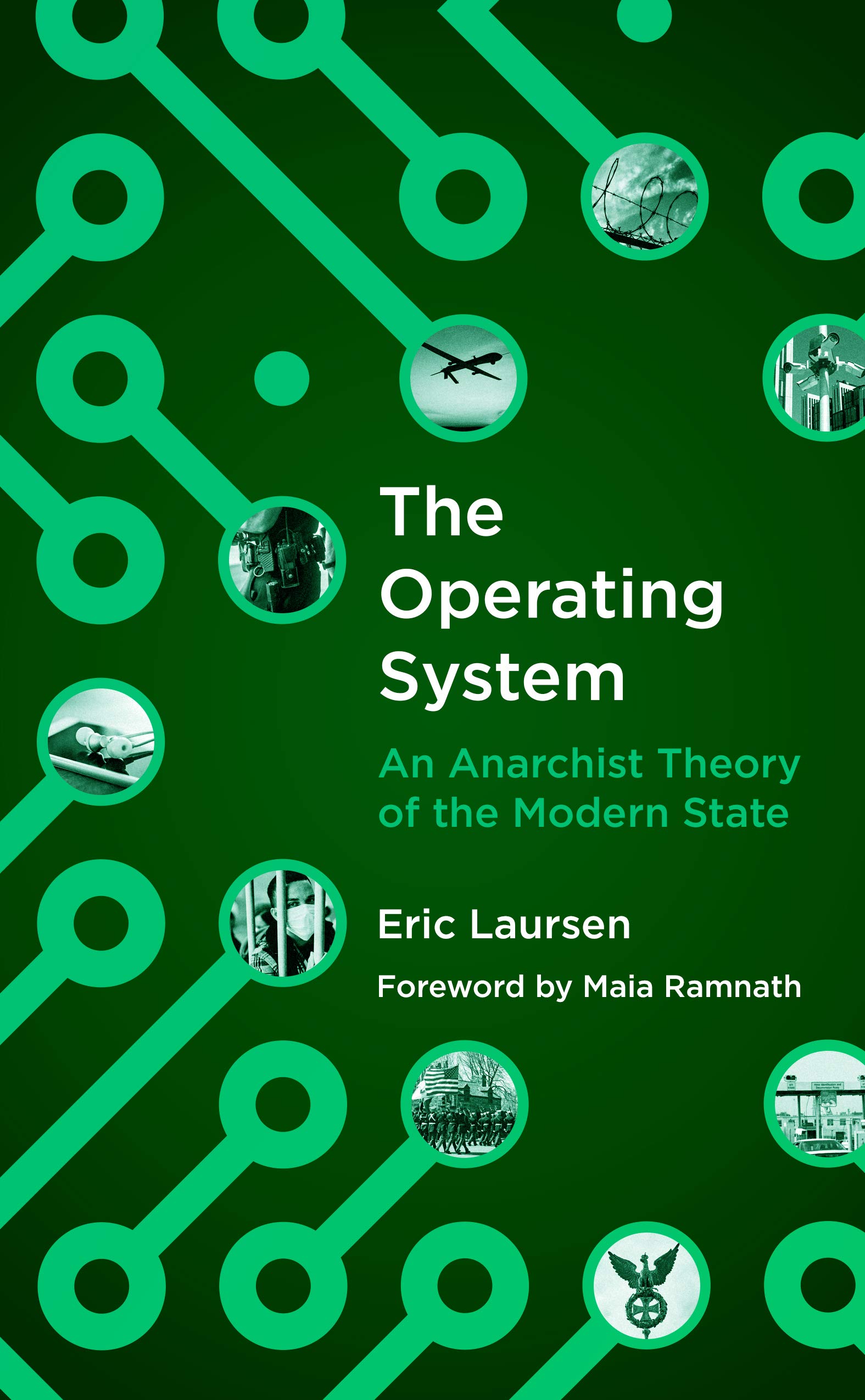What do you think?
Rate this book


262 pages, Kindle Edition
Published May 4, 2021
“[We] see the State, both in its present form, in its very essence, and in whatever guise it might appear, [as] an obstacle to the social revolution, the greatest hindrance to the birth of a society based on equality and liberty, as well as the historic means designed to prevent this blossoming.” —Kropotkin, The State: Its Historical Role (1896)
“When anarchists critique capitalism, patriarchy, and other forms of oppression from a materialist perspective, but omit any direct analysis of the State or give it only a secondary role, they risk practicing not anarchist theory but a kind of Marxism ‘lite.’” —Eric Laursen, The Operating System (p 17)